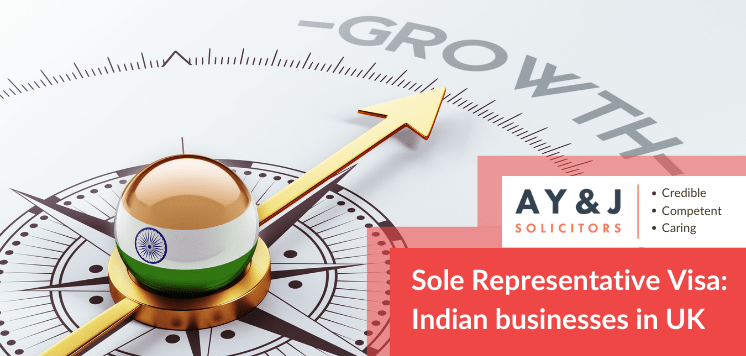Disclaimer: The information in this blog is accurate as of its publication date. Any updates after that date are not reflected here.
With all the negative news currently being bandied around, you would be forgiven for thinking there will be no jobs for foreign nationals (EU/EEA and non-EU/EEA) in the UK. Nothing could be further from the truth. On 31 December 2020, the transition period between the UK and the European Union ends, and the former will be a third country in relation to the bloc. This means the end of freedom of movement. Even now, many UK sectors face an increasing level of skill shortages and are applying for Sponsor Licences so they can recruit talent from abroad.
Below are three sectors which will require Tier 2 workers over the coming years.
Table of Contents
Healthcare
The Coronavirus pandemic illustrated the importance of the UK’s NHS and care sector. However, it is shockingly understaffed. As of March 2020, there were around 40,000 nursing vacancies in health and care in England. Britain also suffers from a chronic shortage of doctors with only 2.8 doctors per 1,000 population, putting it well below the European Union average (3.4/1,000). Only four countries in Europe having lower numbers per capita (Ireland, Slovenia, Romania, and Poland).
In response to the heath and care worker shortage, the Government has launched a Tier 2 (Health and Care) Visa. The eligibility criteria states that you must be a qualified:
- doctor
- nurse
- health professional
- adult social care professional
You must also have a job offer from:
- the NHS,
- an organisation providing medical services to the NHS,
- or an organisation providing adult social care
Although you have to pay visa fees, you will not be required to pay the healthcare surcharge. The Tier 2 (Health and Care) Visa permits you to bring your spouse/partner and/or children under 18 years to the UK with you.
Supply chains and logistics
When the transition period between the UK and the EU ends, industries and government departments will require skills in supply chains and logistics. As with healthcare, there has been a skills shortage in this area for many years. A 2015 research study published through the Centre of Excellence Logistics and Supply chains (CELAS) at the University of Northampton found that 55% of logistics companies had suffered from challenges associated with recruiting people with the right skills, with 70% of participants employing people from outside the UK.
Whether or not Britain leaves the EU with or without a deal, the need for project managers, communications experts, planners, analysts, and technology specialists in the supply and logistics sector will be greater than ever. This need has been further compounded by the Covid-19 pandemic which led to supply chain disruption earlier in 2020 and is likely to continue as the country heads into autumn and winter.
One supply chain consultant warned businesses:
“With less than four months to go until Brexit, don’t underestimate what’s involved in terms of compliance and paperwork, or the knock-on impact this will have on your supply chain and stock management. If you’re an importer or exporter, then you must take immediate action to continue trading after 31 December 2020 and prepare for the impact on your supply chain. This is particularly important for those many Yorkshire businesses that will have to deal with customs formalities for the first time.”
The demand for supply chain and logistics talent is at an all time high, not only in the UK but globally. If you have skills in this area, you are likely to find plenty of opportunities for work in Britain.
Technology
Although many projects were put on hold during the Covid-19 lockdown, the pandemic has shown how much we rely on technology to help us run businesses and day-to-day life. Harvard Business Review recently named ‘data scientist’ as the sexiest job of the 21st century. Data and IT security is a dynamic area of growth – in the US the sector is predicted to expand by 32% through to 2028 and there is no reason to suspect that GDPR compliance will not result in the same trend occurring in the UK. And the demand for enterprise architects, blockchain engineers, business intelligence analyst, and machine learning engineers shows no signs of slowing.
Not only can potential migrants skilled in tech apply for UK entry under the Tier 2 (General) Visa, they can also apply under the Global Talent Visa if they can obtain endorsement from Tech Nation.
Final words
Although the UK faces challenges over the coming years, there are many industries, outside of the ones mentioned in this article, which are desperately short of skilled workers. To find out how we can help you apply for a Tier 2 (General) Visa or a Global Talent Visa consultants, please contact us at contact@ayjsolicitors.com or call +44 20 7404 7933.









